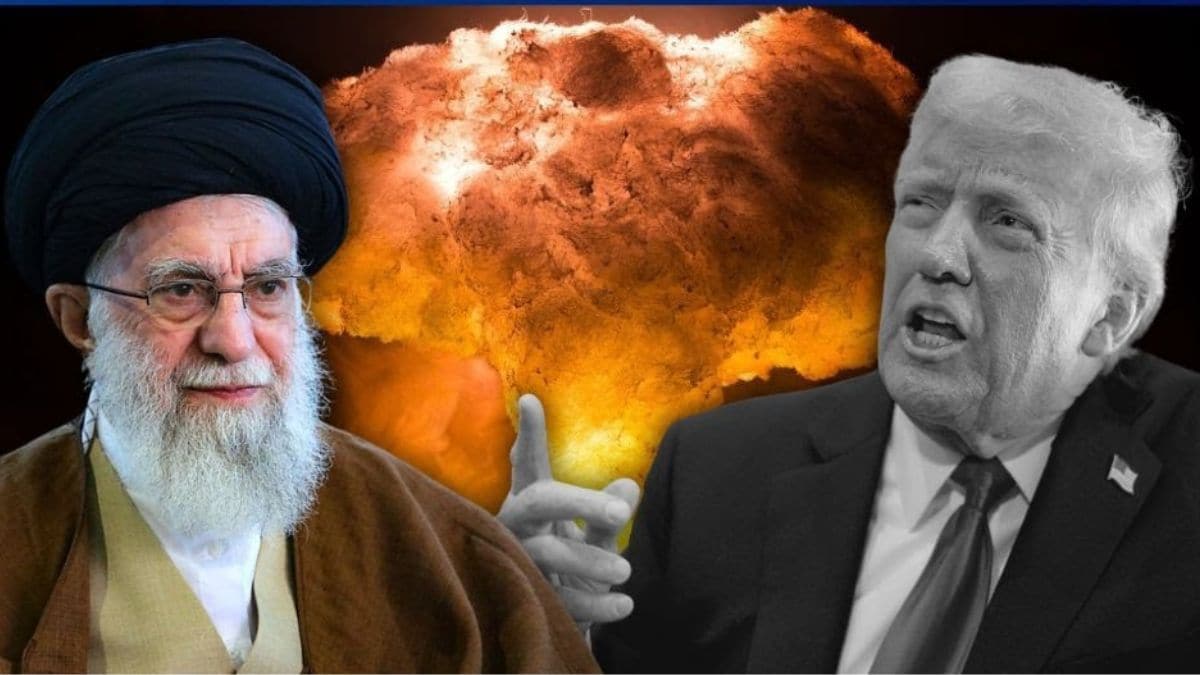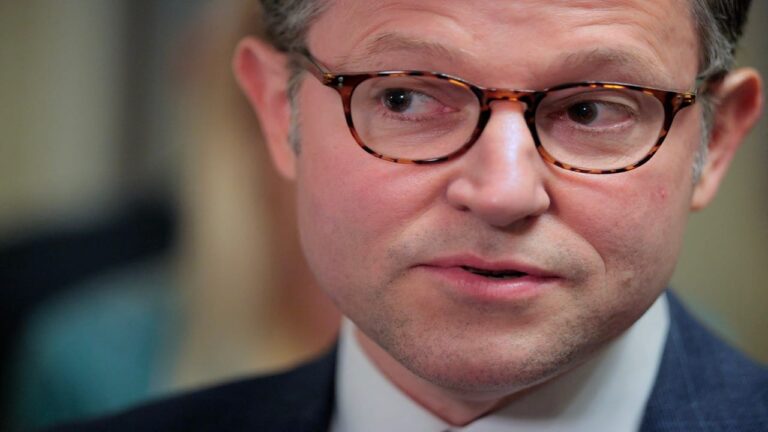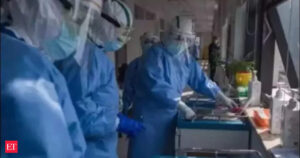With a series of diplomatic efforts to resolve an impasse in the long-stalled Iran-US nuclear talks, signs of a breakthrough are beginning to emerge. From high-level Saudi-Iran meetings in Tehran to guarded optimism from the UN’s nuclear watchdog and proposals for a phased agreement on uranium enrichment, momentum appears to be building ahead of a new round of negotiations set for Saturday in Rome.
Saudi Arabia steps up diplomacy: Khalid Bin Salman meets Khamenei
Saudi Arabia’s Defense Minister Khalid Bin Salman met with Iran’s Supreme Leader Ayatollah Ali Khamenei on Thursday, indicating that Riyadh is stepping up its involvement in efforts to prevent a major security crisis between the United States and Tehran.
The meeting marks the first time in nearly two decades that a senior Saudi official has held talks with Khamenei. According to the Iranian leader’s official website, Khamenei.ir, the last Saudi cabinet member to meet with Khamenei was the Kingdom’s former foreign minister, Saud al-Faisal, who visited Tehran in June 2006.
Iran-US nuclear talks at critical stage: IAEA
Talks between Iran and the United States over Tehran’s accelerating nuclear program have entered a “very crucial” phase, according to Rafael Mariano Grossi, head of the International Atomic Energy Agency (IAEA), during his visit to Tehran on Thursday.
Grossi said that the IAEA would play a central role in verifying any potential agreement between the two nations.
The stakes for Saturday’s talks are high, especially amid the ongoing Israel-Hamas conflict in Gaza. President Trump has repeatedly threatened military action against Iran’s nuclear facilities if diplomacy fails, while Iranian officials have warned of the possibility of pursuing nuclear weapons as their enriched uranium stockpiles approach weapons-grade levels.
Nuclear deal with US possible: Iran’s Araqchi
Iran believes reaching an agreement on its nuclear programme with the United States is possible as long as Washington is realistic, Foreign Minister Abbas Araqchi said on Friday on the eve of a second round of talks with the Trump administration.
“If they show seriousness of intent and do not make unrealistic demands, reaching agreements is possible,” Araqchi told a news conference in Moscow after talks with Foreign Minister Sergei Lavrov of Russia.
Iran had noted the United States’ seriousness during a first round of talks on the deal, which took place in Oman last week, Araqchi said. The second round is set for Saturday in Rome.
Iran seeks Russia’s support
Iran on Friday sought support from Russia over a possible deal with Washington over Tehran’s rapidly advancing nuclear programme, ahead of a second round of talks this weekend in Rome.
Iran’s Foreign Minister Abbas Araghchi said he briefed his Russian counterpart, Sergey Lavrov, on the first round of talks in Oman last week and praised Russia’s role in Iran’s 2015 nuclear deal with world powers that led to lifting of sanctions in return for Tehran’s cap on its nuclear activities.
“We are hopeful, and we expect Russia to continue its supportive role in any new agreement,” Araghchi said in a joint news conference with Lavrov in Moscow.
Iran seeks guarantees from US on nuclear deal
Iran told the United States in talks last week it was ready to accept some limits on its uranium enrichment but needed watertight guarantees President Donald Trump would not again ditch a nuclear pact, a senior Iranian official said on Friday.
Iran and the United States are set to hold a second round of talks on Saturday in Rome, a week after a first round of negotiations in Oman, which both sides described as positive.
Iran told the United States in talks last week it was ready to accept some limits on its uranium enrichment but needed watertight guarantees President Donald Trump would not again ditch a nuclear pact, a senior Iranian official said on Friday.Iran and the United States are set to hold a second round of talks on Saturday in Rome, a week after a first round of negotiations in Oman which both sides described as positive.
Trump, who has restored a “maximum pressure” campaign on Tehran since February, ditched a 2015 nuclear pact between Iran and six world powers in 2018 during his first term and reimposed crippling sanctions on Iran.
In the intervening years, Tehran has steadily overstepped the 2015 agreement’s limits on its nuclear programme, designed to make it harder to develop an atomic bomb.
Former US President Joe Biden, whose administration unsuccessfully tried to reinstate the 2015 pact, was not able to meet Tehran’s demand for guarantees that no future US administration would renege on it.
Iran proposes 3-phase nuclear deal: Report
Tehran has reportedly proposed a three-phase agreement to limit its uranium enrichment in return for the lifting of US sanctions, according to dissident outlet Iran International, which cited diplomatic sources.
Under the plan, Iran would first reduce enrichment to 3.67% — the level set in the 2015 nuclear deal — in exchange for access to frozen assets and permission to export oil.
The second phase would see the US ease more sanctions and block the reimposition of UN penalties, while Iran would allow the International Atomic Energy Agency (IAEA) to resume inspections, including surprise visits to undeclared sites under the “additional protocol.”
In the final phase, Iran would transfer its stockpile of highly enriched uranium to a third country, while the US Congress would ratify the deal and Washington would lift all primary and secondary sanctions.








